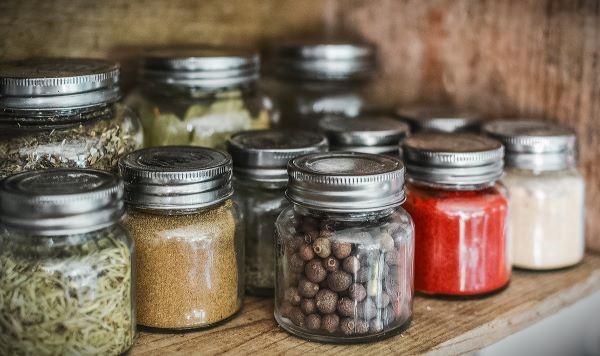 A great deal of the Book of Leviticus, which we begin reading this week, discusses the animal and flour offerings brought in the Tabernacle and the Holy Temple in Jerusalem.
A great deal of the Book of Leviticus, which we begin reading this week, discusses the animal and flour offerings brought in the Tabernacle and the Holy Temple in Jerusalem.
The Hebrew word for offering, “Korban,” literally means a tool to bring us closer to G-d. The Torah states (see Lev. 2:11-13) that no honey could be added to the offerings, and the flour was not allowed to rise. This was to keep things simple, symbolic of the ultimate purpose of an offering. To forge a relationship with G-d, we must put aside our human drive to improve on nature, represented by honey and leavening which both enhance the food we eat. When coming close to G-d, it’s not the time to demonstrate our talents and skills, but to acknowledge that these abilities are gifts from G-d Himself.
If this is true, however, and the offering represents full submission of our humanity to G-d, then why is there also a law to add salt to all offerings? Doesn’t salt improve the taste of the offering, just like honey and making bread rise, which is contrary to making a simple offering in full submission?
Although salt, in correct measure, enhances the flavor of other foods, it is not enjoyed on its own. The taste is too…salty! Put in too much, and the food is ruined. Also, per the expression “like salt on an open wound,” salt itself can cause pain and suffering.
Salt, then, is symbolic of G-d’s measured control of the events in our lives and in the world. He gives challenges and difficulties in precise measure, and so too success and goodness. The salt resembles our covenant with G-d to follow His will, and live with the positive or negative consequences of our interactions with Him and His world. (Based on Haamek Davar, Rabbi Naftali Yehuda Berlin zt”l, “The Netziv” 1816-1893).




